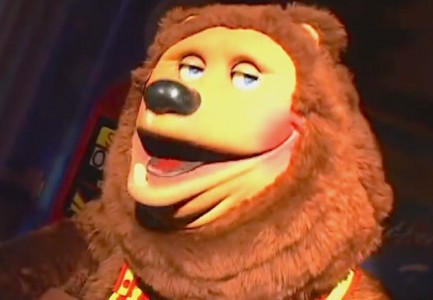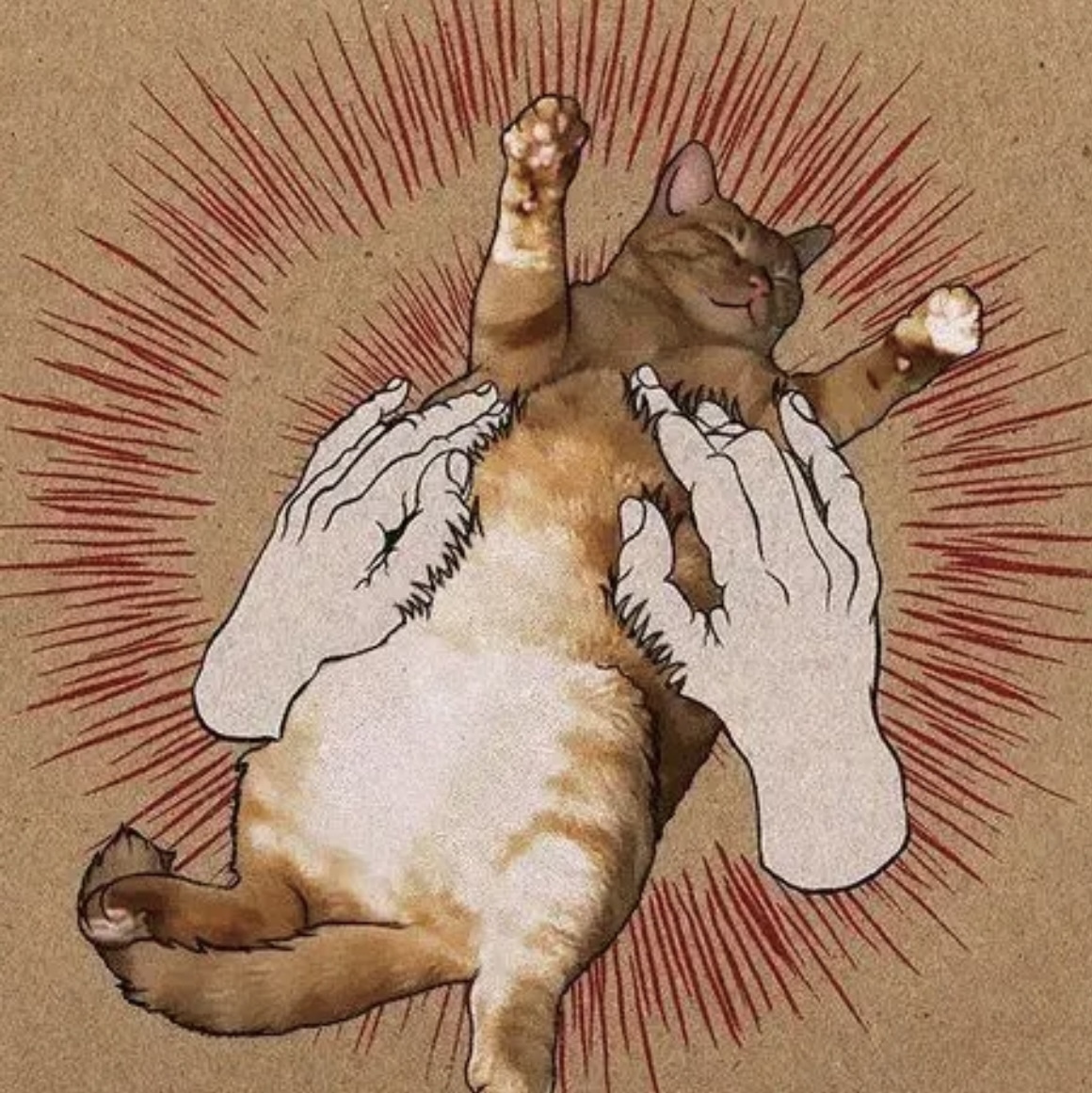Please put a warning for brutal content. Sometimes I need to save brutal things for another time.
Nadezhda Krupskaya wrote a children’s book about Lenin with gorgeous illustrations: https://ladyizdihar.com/blogs/izdihars-soviet-archive-2/childrens-book-vladimir-ilyich-lenin-1975
Holy smokes that’s awesome
It is pretty. It taught me a little more than I knew before. I didn’t know why they were called Soviets. Does that mean there was a Soviet leader for each council? It’s silly, but I thought about Soviet leaders more in terms of great man theory.
A Soviet is just a term for basically a union, but adapted to the unique conditions of the emerging Russian proletariat after the failed 1905 revolution. The capitalist class was very weak so the soviets developed differently without many weaknesses of western labor unions; by 1917 the soviets were very democratically run, free of much of the business unionism and tendency toward craft unionism and bureaucratic labor aristocracy that we associate with unions of the latter part of the 20th century. By 1917, the combined soviets were a form of dual power that controlled still emergent production capacity, hospitals, military, just about everywhere there were workers and peasants there were soviets.
My understanding is that many soviets were run by council democracy, where workers would vote for their leadership, and send delegations to other soviets to handle negotiations and distribution of resources. I’m still learning when it comes to the various periods that make up the history of the FSU, but I think that as production became more centralized, the Soviets became more bureaucratic, which might be closer to what you would have considered a “Soviet Leader.” But at the time of the 1917 October revolution the soviets hadn’t formed a national cohesiveness, and aligned with different factions vying for political supremacy, which all would have had different consequences for the soviets depending on who seized power. But basically there was the Bolsheviks, who had a slogan and programme of “All Power to the Soviets”, where as other factions like the Mensheviks and Social Revolutionaties wanted to subordinate the Soviets to a bourgeois parliament (Duma) which would have more or less immediately done away with them, while other groups wanted to restore the tsar and do martial law, and every shade in between and mixed together, over constantly shifting material circumstances.
This was all going on during WW1, and many of the soldiers who were also organized (more or less) into soviets, wanted an end to these wars, even if it meant civil war. After the February revolution, the officer corps and bourgeoisie were not only for participation in World War, but were intentionally losing it, withholding provisions from the front lines and sending them into unnecessary danger, under threat of execution for desertion and disobedience. The Bolsheviks wanted to end the war, do away with corporal punishment for soldiers, redistribute land to the toiling peasants, and subordinate the Duma to the Soviets which eventually won over the workers, the peasant soldiers, the rural landless agricultural peasants regardless of what the “leaders” of the soviets (who were often from bourgeois aligned parties like the Mensheviks and SRs) wanted.
So the soviets, and the leadership, were drastically different depending on when you look at them. There was the period from 1905-1917, from Feb to Oct 1917, the period of counter revolution and civil war after the October revolution, The periods before, during, and after WWII, and the periods after where the soviets were more centralized and bureaucratic compared to when the Bolsheviks were attempting to make the Soviets the cornerstone of a new society.
You might like Tales for Little Rebels - it’s a textbook covering old radical children’s lit. There’s also writing about the samples included. Since you’re reading it yourself, sounds like the perfect package!
Looks fun. Where can I find a free online copy?
Probably Anna’s Archive
Rius’ Marx for Beginners has lots of illustrations to accompany the text
https://anakbayanph.files.wordpress.com/2010/10/marx_for_beginners.pdf
I’m like this, but interested in “labor folklore” or “communist folklore.”
Like, actual folklore of a radical nature or dealing with labor movement figures.
I think the actual word for it is “labor lore,” which sounds badass for some reason.
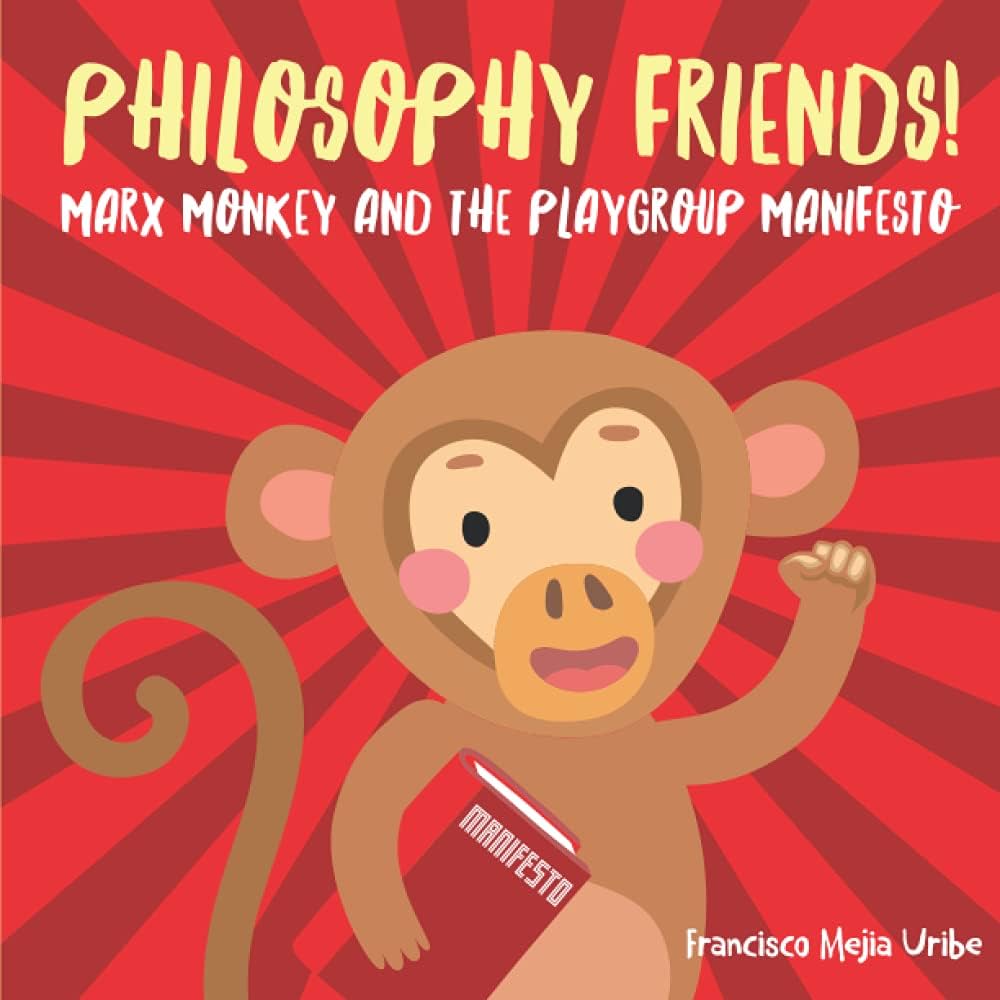
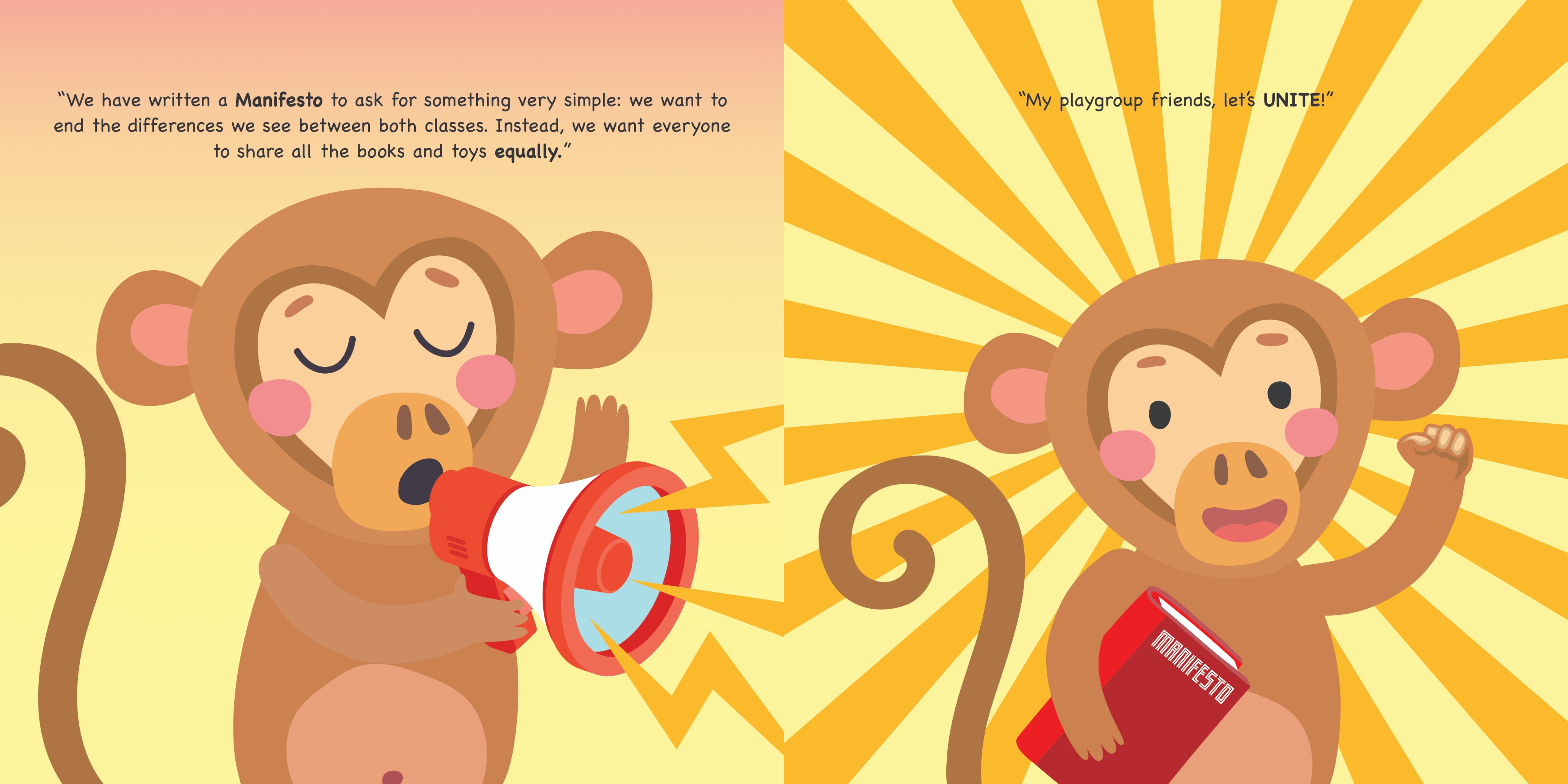
Also check Yertle the Turtle by Dr. Seuss, and The Sneeches on Beaches
Where can I find Philosophy Friends Marx Monkey?
Just read Yertle the Turtle by Dr Seuss. I already read of the Speeches. Thanks.
You can order it on Amazon, not sure otherwise
Haha Amazing and adorable. I hope to find this book soon.
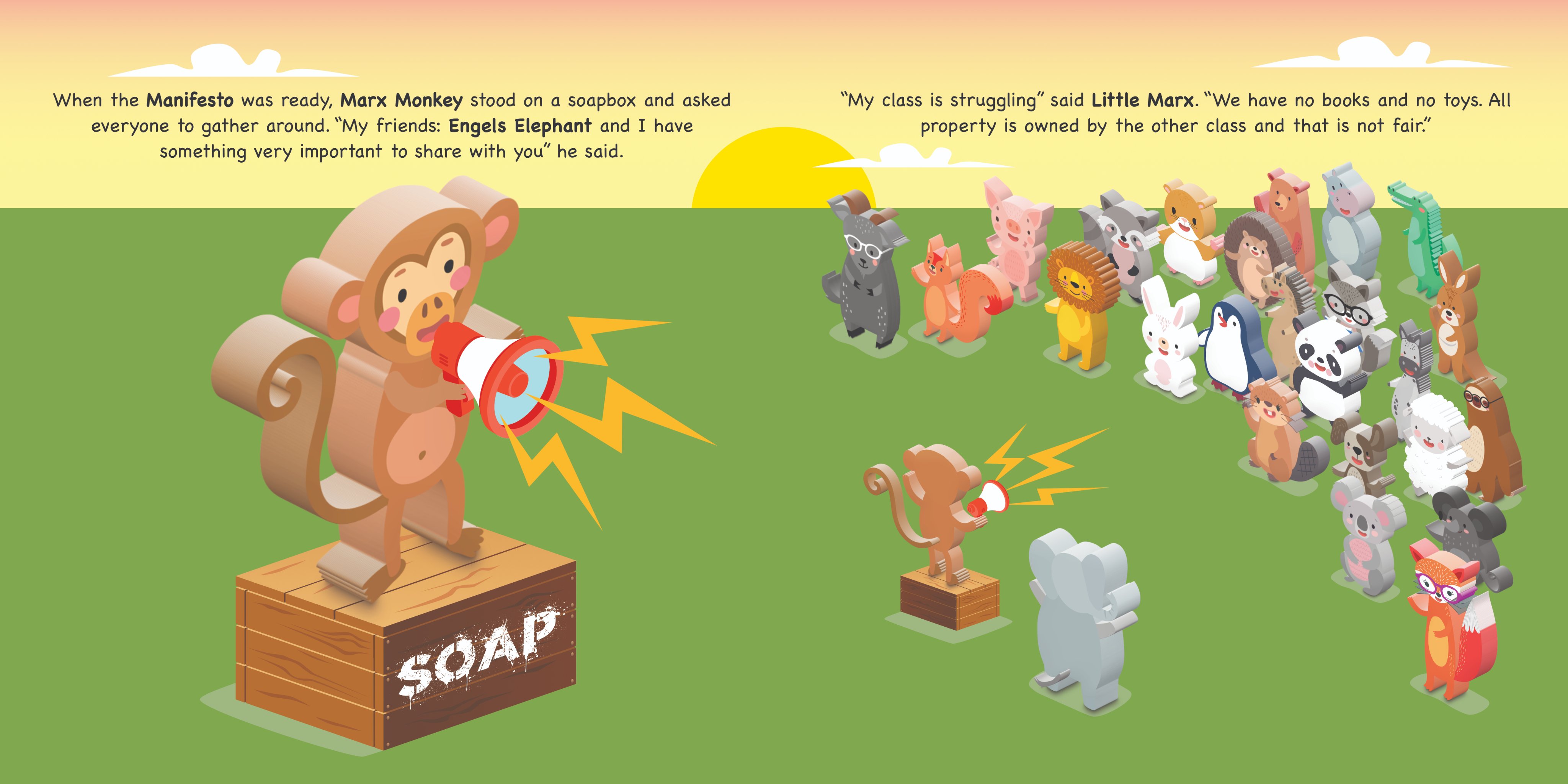
Haha yeah in the story all the kids in school are separated into two classes (i.e. classrooms) but one has all the toys and the other doesn’t have anything. It’s not bad honestly, I bought a copy recently for a comrade having his first kid
The graphic novel ‘Berlin’ is pretty Communist…
Any story about Jesus pretty much


